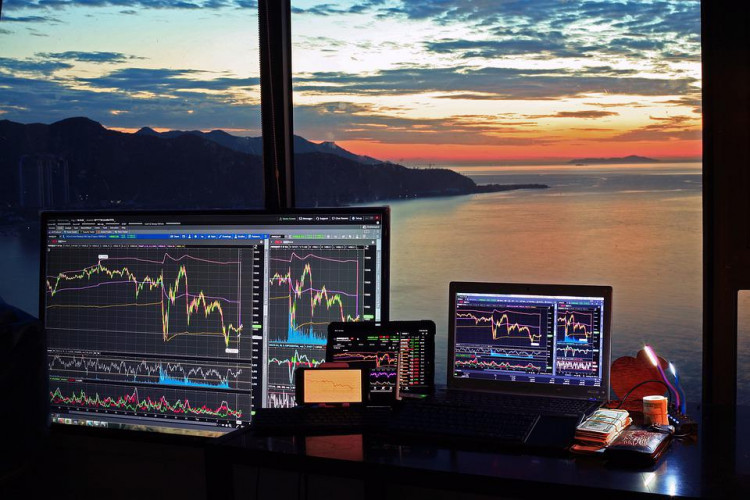The stock market can be fickle. Sometimes shares rise and fall seemingly at random, leaving traders scrambling to adjust to the changes. But what if we told you that the stock market isn't nearly as random as it seems? While several factors influence it, news stories are some of the most common. Let's take a closer look at what types of news stories tend to influence the stock markets.
Good news
When a company announces a positive development, such as excellent earning reports, its shares tend to rise. This leads more people to buy into the business, which, in turn, drives the stock price even higher. Other common kinds of good news announcements include new products and corporate acquisition, depending on the buyer.
Bad news
Just as good news drives stock market prices up, bad news can send them plummeting. Adverse weather reports, for example, can lead to significant market fluctuation. Even as stocks negatively affected by the weather, such as electricity suppliers or water companies during issues such as tornadoes or hurricanes, drop, stocks related to construction or home improvement will likely rise as the demand for these services will increase. Political upheaval also impacts the stock market greatly.
Breaking news/unexpected news
The news stories described above can all be predicted to a certain degree. There is often warning before inclement weather hits, and even economic reports or new product announcements can be predicted before the news officially drops. Savvy traders can use that information to make purchases or sell stock before the problem is announced.
Some news, however, is simply unexpected. Recalls are notorious for this. Most people do not predict automotive recalls, for example, which can lead to abrupt market disruption as investors react to the breaking news. All sorts of issues can crop up unexpectedly, and even traders who believe they are trading smartly by pricing in risks are often affected.
If you're hoping to stay informed about the latest market news, make sure to get your information from trustworthy sources such as LeapRate. LeapRate is an experienced name in the online trading industry with excellent broker reviews and well-researched articles on even the newest of news stories.
Examples of news-related fluctuation
It is difficult to find a better example of unexpected news rocking the world than the COVID-19 pandemic. The global pandemic caught everyone by surprise and sent the stock market into a frenzy. While most shares dropped at first, it was the air and travel, aerospace, gas, and oil industries which took the biggest and longest-lasting hits. Technology, on the other hand, rallied quickly as people became more accustomed to relying on it to work.
Other examples of news-related market fluctuation include the Great Depression of 1929, which spawned the infamous "Black Monday" crash and tanked the US economy for a decade, and the Great Recession of 2008, which saw the World Bank nearly wipe out the country's economy. Both issues were compounded by "doom and gloom" news stories which shook the country.
It is essential to keep an eye on the latest news when you try to predict stock market fluctuation.






